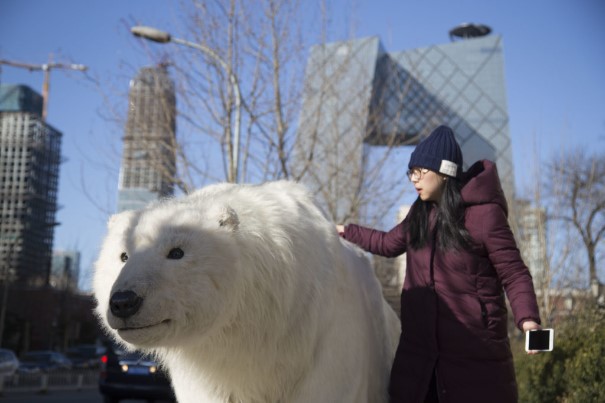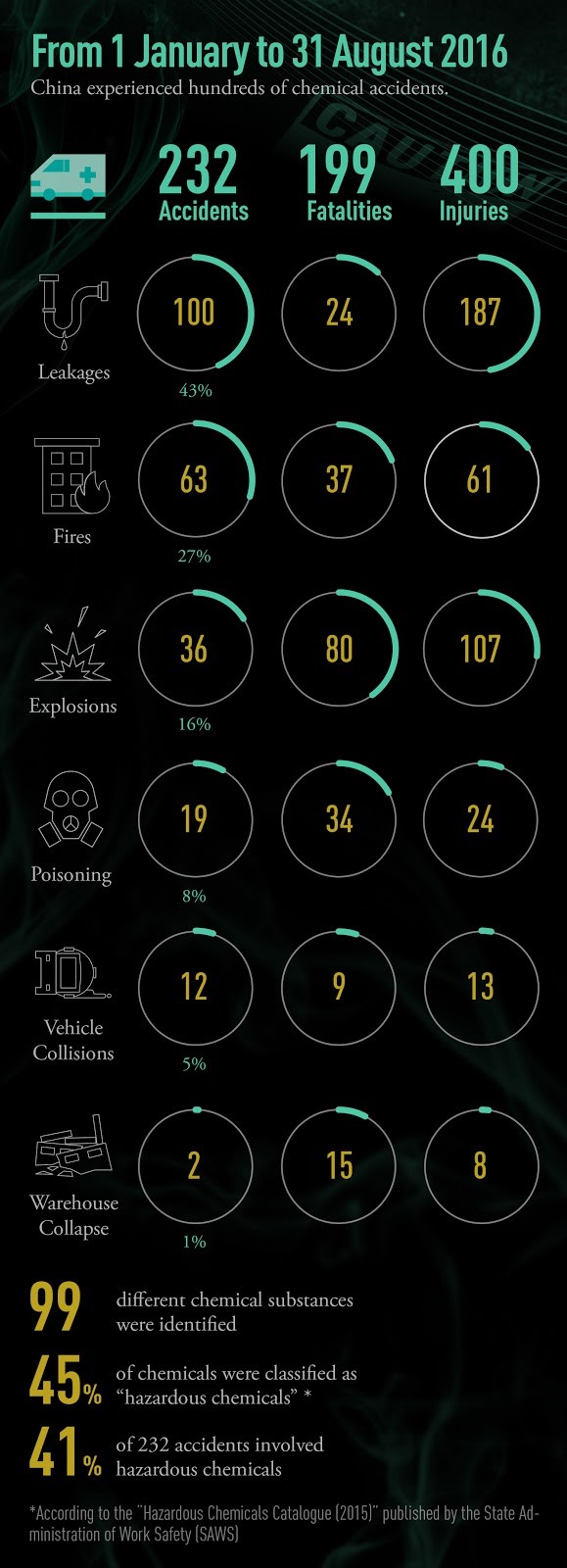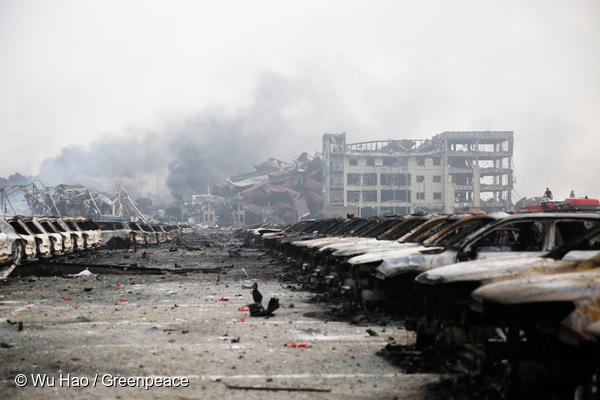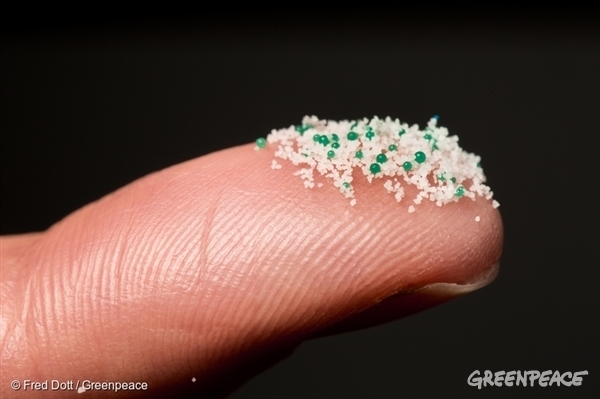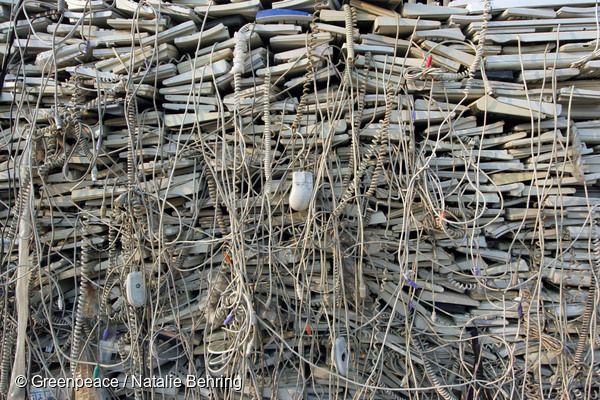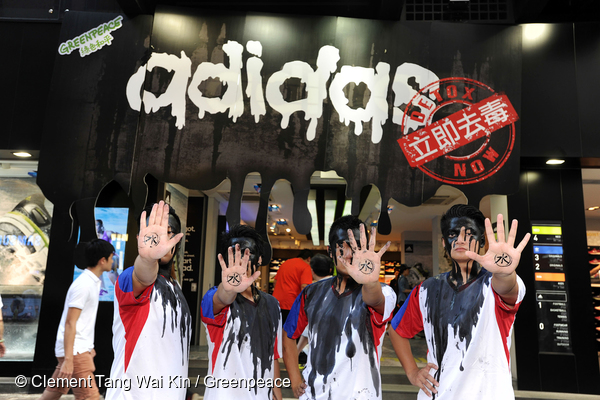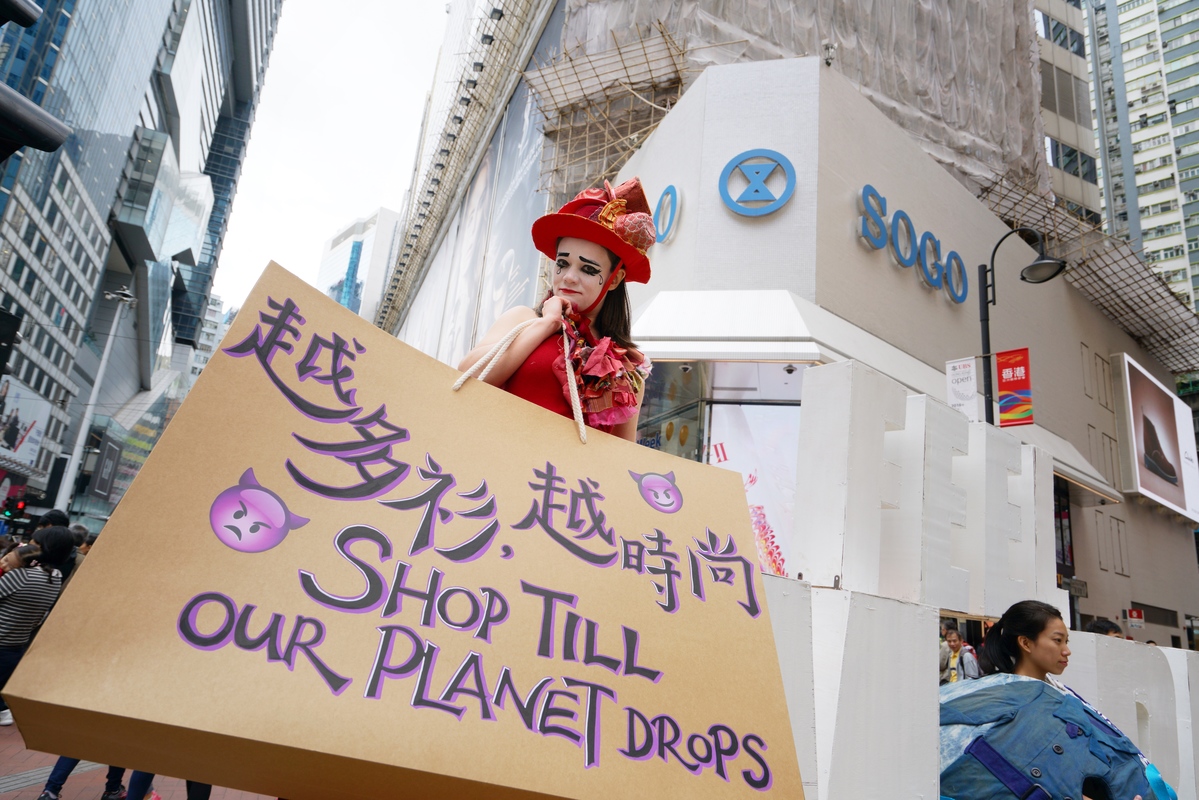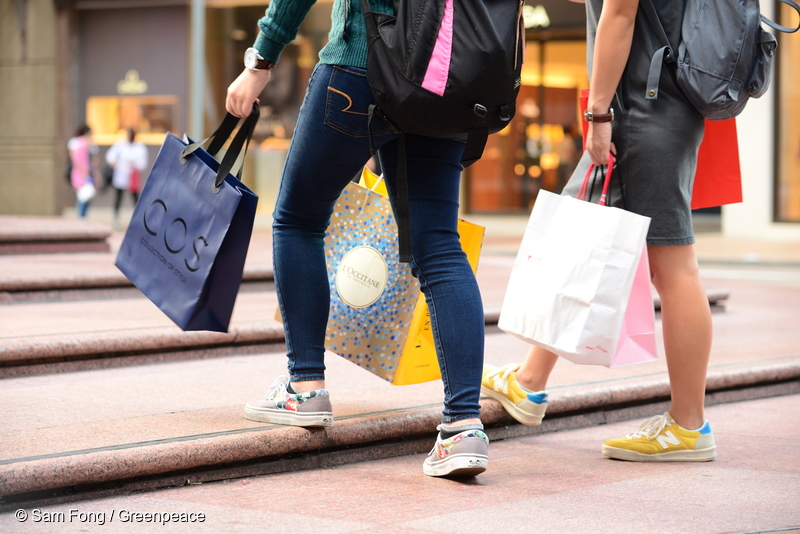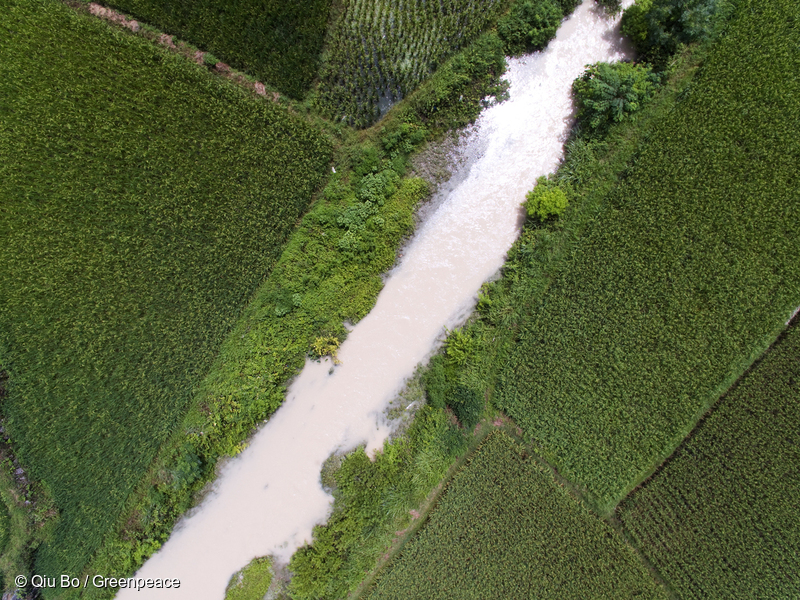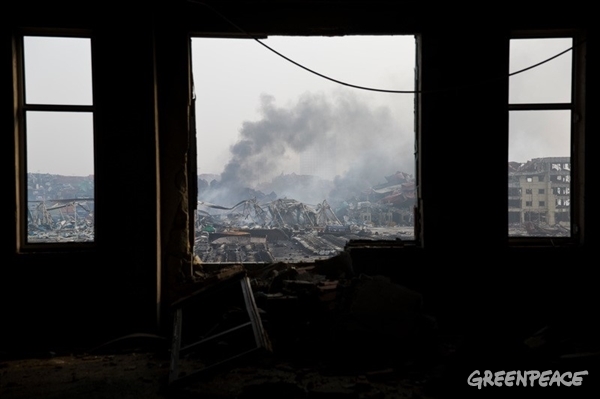All articles
-
Pushing brands to detox: another domino has fallen
Like any other environmentalist, what drives me is a true belief in the idea of positive change through action. That if we work together, we can make the world a better place. While some changes are small and personal, and the effects can be seen immediately, sometimes change is harder won and takes time, effort…
-
Why we’re mapping China’s hazardous chemicals facilities
China’s chemicals industry appears occasionally in the news, but we tend to only hear about it in extreme cases, when footage of enormous explosions circulate around the world, or hundreds of children fall sick. These incidents are shocking, but they’re just the tip of the iceberg. Beyond the headlines, chemical accidents are so frequent in…
-
China averaged 29 chemical accidents per month so far this year – Greenpeace
Beijing, 21 September, 2016 - 232 chemical-related accidents occurred in China from January to August 2016, an average of 29 per month, according to Greenpeace East Asia’s ‘Chemical Accident Counter’. The accidents caused 199 deaths and 400 injuries. The findings demonstrate the lax management of China’s chemicals industry, the world’s largest. In addition, preliminary findings…
-
Microbeads: How did companies respond?
Back in July, Greenpeace East Asia ranked 30 global companies to see how they measured in terms of their commitment to phasing out microbeads – the tiny terrors that are often found in shower gels and facial scrubs, and are known to wreak havoc on our ecosystems and marine life.
-
Which country is most likely to repair their electronic gadgets?
What happens when your mobile phone dies? Which country is most likely to recycle? And do people repair their phones or just simply throw them away? We did the research to find out…
-
Which fashion brands are going toxic-free?
It was a massive step when Adidas, Puma and Nike promised to go toxic-free by 2020. But when we turned our attention to other companies, the rest of the industry…
-
Greenpeace Urges Hong Kong Residents to ‘Buy Smart, Buy Less’
HONG KONG, 23 June 2016 – Today in Causeway Bay, Greenpeace visualized Hong Kongers’ shopping habits in the form of a 2.5m tall ‘Giant Girl’ that wore a dress upcycled from dozens of articles of used clothing and held shopping bags that featured the message ‘100 Clothes But Nothing to Wear?’. The performance art was…
-
Greenpeace releases Hong Kong and Taiwan consumer report
HONG KONG, 22 Jun 2016 ¬– A Greenpeace study has found that Hong Kong residents seldom or never wear an estimated HKD 3.9 billion worth of clothing that they have purchased. The study was conducted by TNS, an independent global research agency, to uncover the shopping habits and consumer mentality of people in Hong Kong…
-
China releases its first ever soil pollution prevention plan, Greenpeace response
Beijing, 31 May, 2016 - China’s State Council today released the Soil Pollution Prevention Action Plan, China’s first ever policy plan aimed at tackling the country’s prevalent soil pollution problem. The document aims to ensure that 90% of currently polluted farmland is usable by 2020. Greenpeace East Asia urges the government to strengthen the plan…
-
China’s ‘toxic’ school was just the tip of the iceberg: our entire chemicals management system needs to change
A case of sudden mass illness at a middle school in Jiangsu Province threw China’s hazardous chemicals industry into the spotlight last week. However, this wasn’t an isolated incident, but a symptom of China’s widespread and deep-rooted chemicals management problem.

